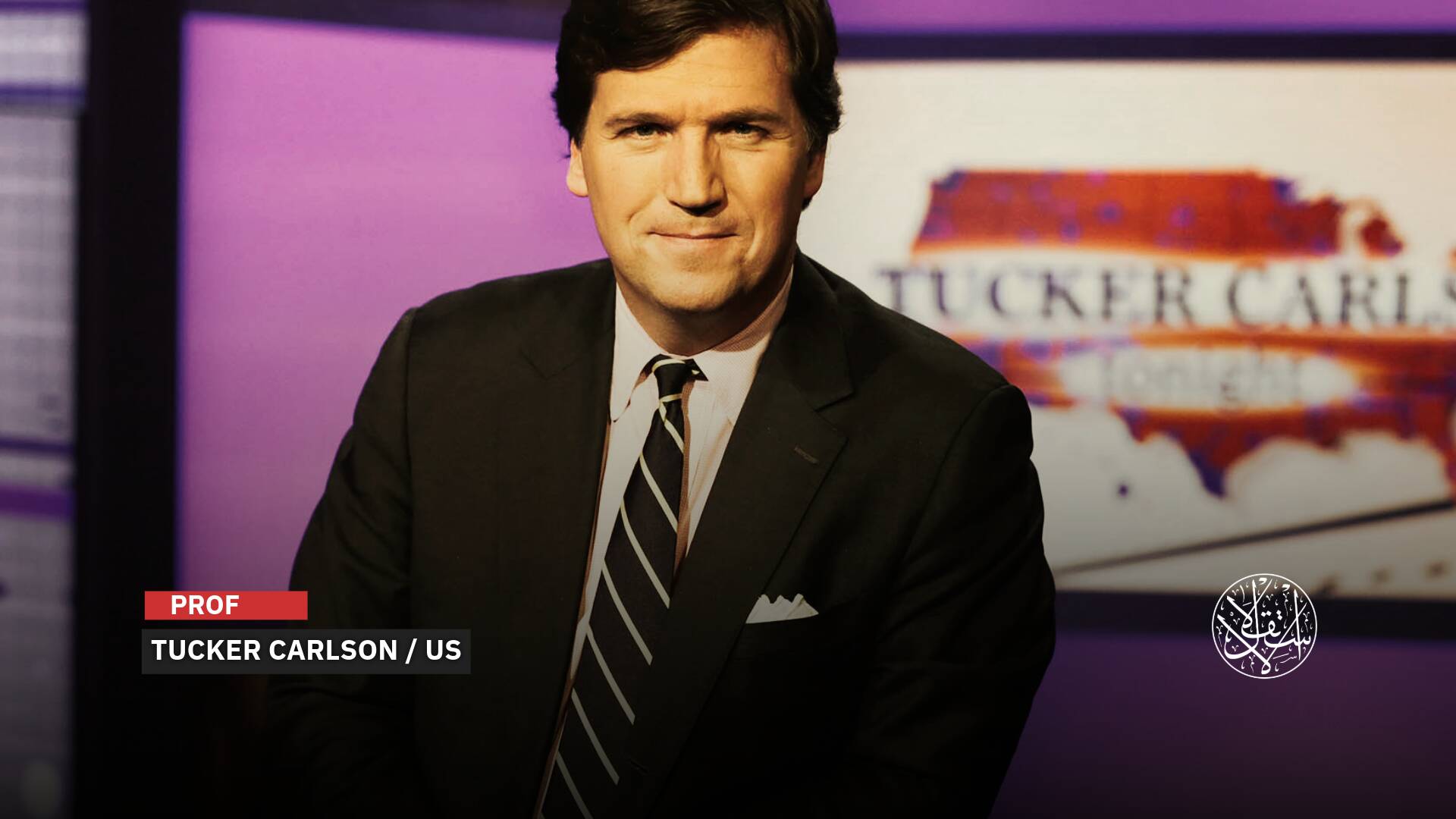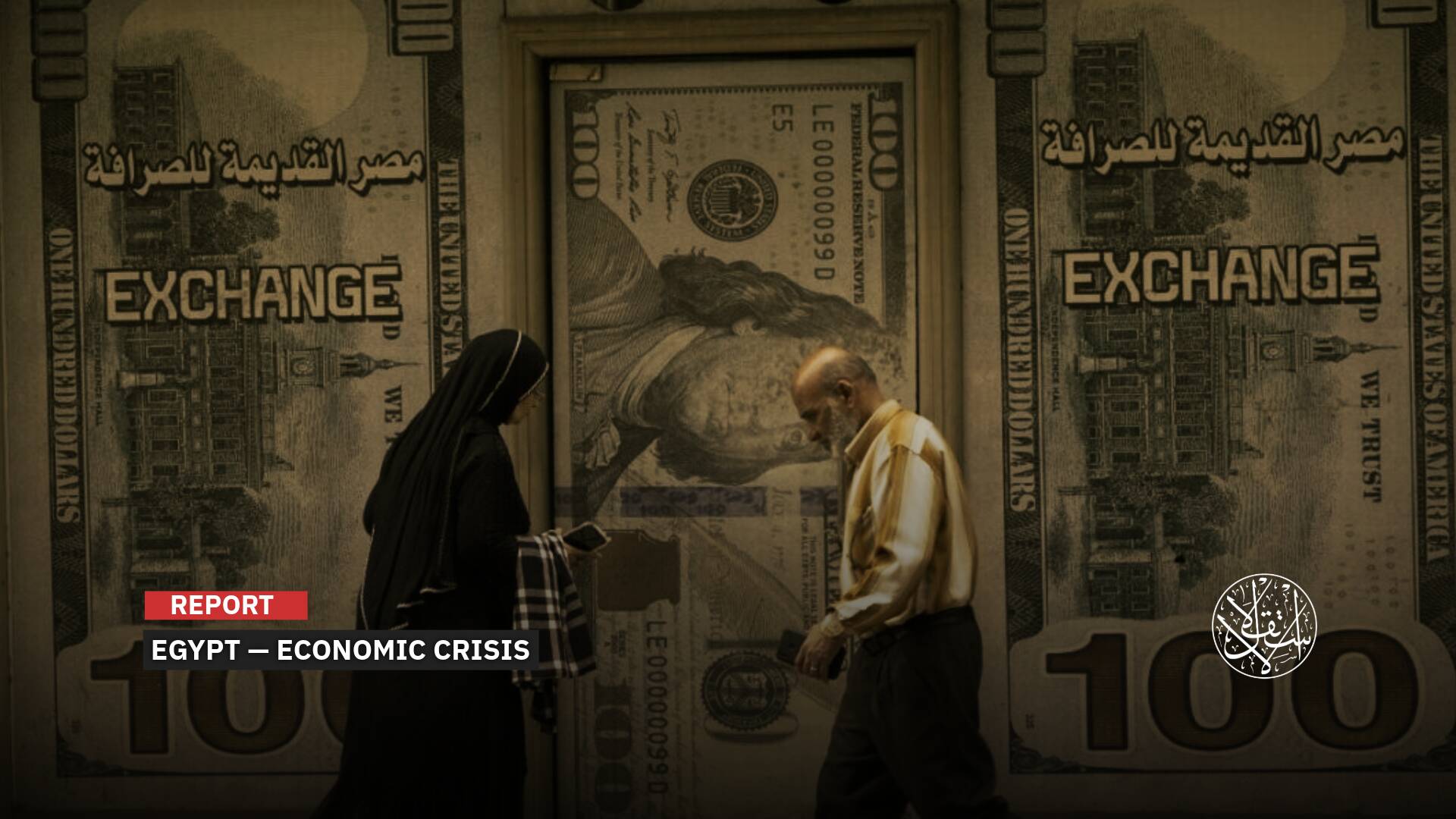The Federal Reserve: America's Leverage in Shaping the Global Economy

Federal Reserve policies impact the value of the dollar, thereby influencing other countries' economies.
On August 23, 2024, global economic leaders gathered for the three-day Jackson Hole symposium, held annually by the U.S. Federal Reserve in Kansas City, Wyoming.
During the event, Jerome Powell, Chairman of the Federal Reserve, announced that the time has come to change fiscal policy.
In response to this statement, Reuters noted that signals from the Federal Reserve are heightening expectations of further disruptions in the global economy.
This has sparked questions about the Federal Reserve and why it is currently the focal point of global attention.

Pessimistic Outlook
On August 28, 2024, the economic-focused website Alborsa News reported that forecasts are grim and expectations are pessimistic following the recent Federal Reserve meetings.
The website attributed this to the shaky foundations of predictions that global economic growth would be driven by a smooth slowdown in the U.S. economy, a recovery in Europe, and China's exit from recession.
Doubts have arisen about the likelihood of a soft landing for the U.S. economy, the failure of growth in the Eurozone to rebound, and China's struggle with slowing consumption.
In recent months, it was anticipated that a strong interest rate hike would combat the worst inflationary surge in advanced economies since the 1980s, which could cost millions of jobs worldwide.
Pierre-Olivier Gourinchas, Chief Economist at the International Monetary Fund, suggested that further market fluctuations might occur.
Gourinchas added that markets have entered somewhat unknown territory as major central banks, led by the Federal Reserve, shift to easing policies after tightening measures to tackle inflation.
John Silvia, founder of Dynamic Economic Strategy, emphasized the significant shift in the Federal Reserve's priorities.
“The unemployment rate is now around 90 percent of the Fed's dual mandate, inflation is about 10 percent,” according to Silvia.
Silvia noted that Powell's shift from focusing on inflation to unemployment is notable, given that the economy is not in recession but will still impact most banks and economies worldwide.

The Federal Reserve
The Federal Reserve, the central bank of the United States, is headquartered in Washington, D.C., and is considered the world's most powerful financial institution. Established by Congress on December 23, 1913, it is responsible for the nation's monetary policy, currency, securing money, and controlling interest rates on loans. It also acts as a lender of last resort for banks during crises.
The Federal Reserve was created in response to economic crises, notably the Panic of 1907. Over time, its roles, responsibilities, and structure have expanded, with the Great Depression of the 1930s being a significant event that led to reforms.
The Federal Reserve's decisions impact economies globally, particularly when it changes interest rates. When it raises rates, global investors often shift their money to emerging markets seeking higher returns, and vice versa.
The Federal Reserve comprises the Board of Governors, 12 regional Federal Reserve Banks, and the Federal Open Market Committee (FOMC).
The Board of Governors includes the Chairman, Vice Chairman, and five other members, all appointed by the President.
The 12 Federal Reserve Banks, each located in different U.S. regions, are overseen by independent presidents appointed by local bank boards.
The FOMC includes members of the Board of Governors and four regional Federal Reserve Bank presidents, with each president serving on a rotating basis.
The FOMC is of particular interest to investors as it sets U.S. monetary policy. The committee meets at least eight times a year to vote on monetary policy decisions such as interest rates and releases statements and economic forecasts after each meeting.
Thus, while influenced by policy, the Federal Reserve maintains significant independence, which is crucial for its effectiveness.

Driving the Global Economy?
The Federal Reserve significantly influences the global system for several key reasons. Primarily, its central role in driving the U.S. economy, which in turn impacts the global economy, is crucial.
The U.S. dollar is the world's primary reserve currency, used in most international transactions, including oil trade and global commerce. Therefore, Federal Reserve policies affect the value of the dollar, which in turn influences other economies.
Another factor is the Federal Reserve's decisions on interest rates, which affect global liquidity. When the Fed raises interest rates, capital often flows from emerging markets to U.S. financial assets, leading to currency and financial market volatility in those countries.
Given the size of the U.S. economy and the importance of U.S. companies in global financial markets, Federal Reserve policies have a substantial impact on stock and bond markets worldwide. For example, a tightening of monetary policy by the Fed can lead to declines in global stock and bond prices.
The Federal Reserve continuously interacts with central banks around the world, often coordinating policies to avoid economic shocks. It also manages financial crises during global economic disturbances, such as the 2008 financial crisis and the COVID-19 pandemic, where it played a leading role in injecting liquidity and providing financial support, thus stabilizing the global financial system.
Specifically, during the 2008 crisis, the Fed injected $700 billion into the banking system to rescue it, thereby saving both the U.S. and global economies.
Still, many countries and companies borrow in U.S. dollars. Changes in Federal Reserve monetary policy impact the cost of servicing these debts, which can place pressure on developing countries and international companies with dollar-denominated financial obligations.
Sources
- IMF sees scope for Bank of Japan to keep raising rates
- Unemployment to Guide Fed on Interest Rates
- Fed Chairman: It's Time to Cut Interest Rates [Arabic]
- The US Federal Reserve: An Institution with Global Influence [Arabic]
- Pessimistic messages from Jackson Hole meetings [Arabic]
- US Unemployment at Lowest Rate Since 1969, Showcasing Labor Market Resiliency
- What Is the Federal Reserve and How Does It Work?
- Decisive September: The fate of the U.S. economy is at stake [Arabic]












